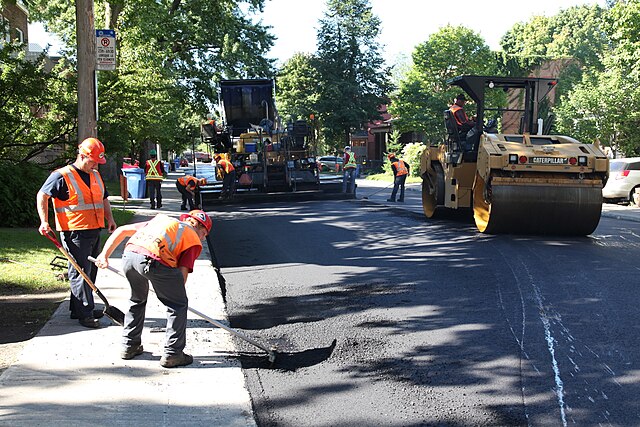WRITERS ON THE RANGE: The slippery slope of e-bike access
Published 9:49 am Wednesday, July 2, 2025

- Where is it written that everyone must be able to go everywhere by any means necessary, writes columnist Marjorie Woodruff on e-bike access to wild lands. (Courtesy of Wikimedia Commons) User comments
When I visited Bryce Canyon National Park recently, the shared paths were crowded with electric motorcycles.
They say they are e-bikes. If they can rip uphill at 20 miles per hour without pedaling, I think of them as motorcycles.
E-bikes can be Class 1, 2 or 3. Class 1 provides assistance when the pedals are turned. Class 2 has a throttle that can propel the bike without pedaling. Both have a top speed of 20 mph. Class 3 bikes, also pedal-assisted, have a maximum speed of 28 mph. Only Class 1 and 3 are allowed in national parks.
Trending
Friends with e-bikes tell me they like them because the pedal assistance means they can ride farther with less effort, even uphill. The bikes keep them active outdoors. I ride my bike for exercise. If I ride 12 miles on what I consider a real bike instead of 20 mph on an e-bike, we probably get the same workout.
At the Grand Canyon, by the end of the day the rim road is littered with abandoned rental e-bikes that ran out of juice. Rather than pedal a heavy bike with a useless battery, riders simply leave them on the side of the road for the rental company to retrieve.
On a recent catered mountain bike ride, one of the participants rented an e-bike so she could keep up with her husband. But the guides had to spend many hours recharging the bike before they could leave. I wonder just how practical it would have been on a multi-day trip.
I recently read a plaintive screed from a mountain biker with a moral dilemma. He has a coterie of buddies who ride. When one of them had knee surgery, that person bought an e-bike so he would not hold everyone up. The group kept riding on trails where e-bikes are banned, figuring that with 10 real riders and one e-bike, they were OK.
Over the course of time, Mr. E-bike started leaving the others behind, so they felt obligated to buy their own e-bikes while still poaching the non-e-bike trails. Was it now immoral, he wondered, because they were all riding illegally? He was advised to let his conscience be his guide.
Horses erode trails worse than bikes do, and bikes wear a trail down more than hikers. If the rationale for riding an e-bike is that it allows one to go farther, that is more trail to be worn down.
Trending
E-bikes pollute less than gasoline motorcycles. However, a human-powered bike doesn’t pollute at all — unless one counts heavy breathing.
Outdoor enthusiasts are already vying for increased access to wild lands. ATV and 4×4 owners in Utah are incensed that the BLM plans to close certain roads to them and allow (gasp) mountain bikers to have sway.
On the other hand, mountain bikers are pressuring managers of designated wilderness to allow them access to these heretofore closed trails. E-bikers are upset that many trails are still open only to analog bikes.
It’s a slippery slope. When a local area was declared a wilderness, many residents complained that now they could no longer visit. “I have bad knees: I need my ATV.” But if I cannot afford an ATV, then I need a more developed road to visit in my 4-wheel drive. If I cannot afford a 4×4, pave the road so I can drive it in my car.
In China, there is now a plan to build an escalator to the top of a mountain so that “everyone can enjoy the view.” Where is it written that everyone must be able to go everywhere by any means necessary?
A recent article in an outdoor magazine predicts that e-mountain bikes are the wave of the future, and bicycle vendors expect e-bikes to soon outsell analog bikes. If I stick with my must-pedal bike, I guess I will be considered a luddite.
I do not suppose I really want e-bike riders to bow to me as they go by because I am doing all the pedaling myself. I would, however, appreciate it if they would not smirk as they pass. On the other hand, I guess I could refrain from yelling: “At least pretend to pedal!”
Marjorie “Slim” Woodruff is a contributor to Writers on the Range, writersontherange.org, an independent nonprofit dedicated to spurring lively conversation about the West. She is an educator at Grand Canyon.







